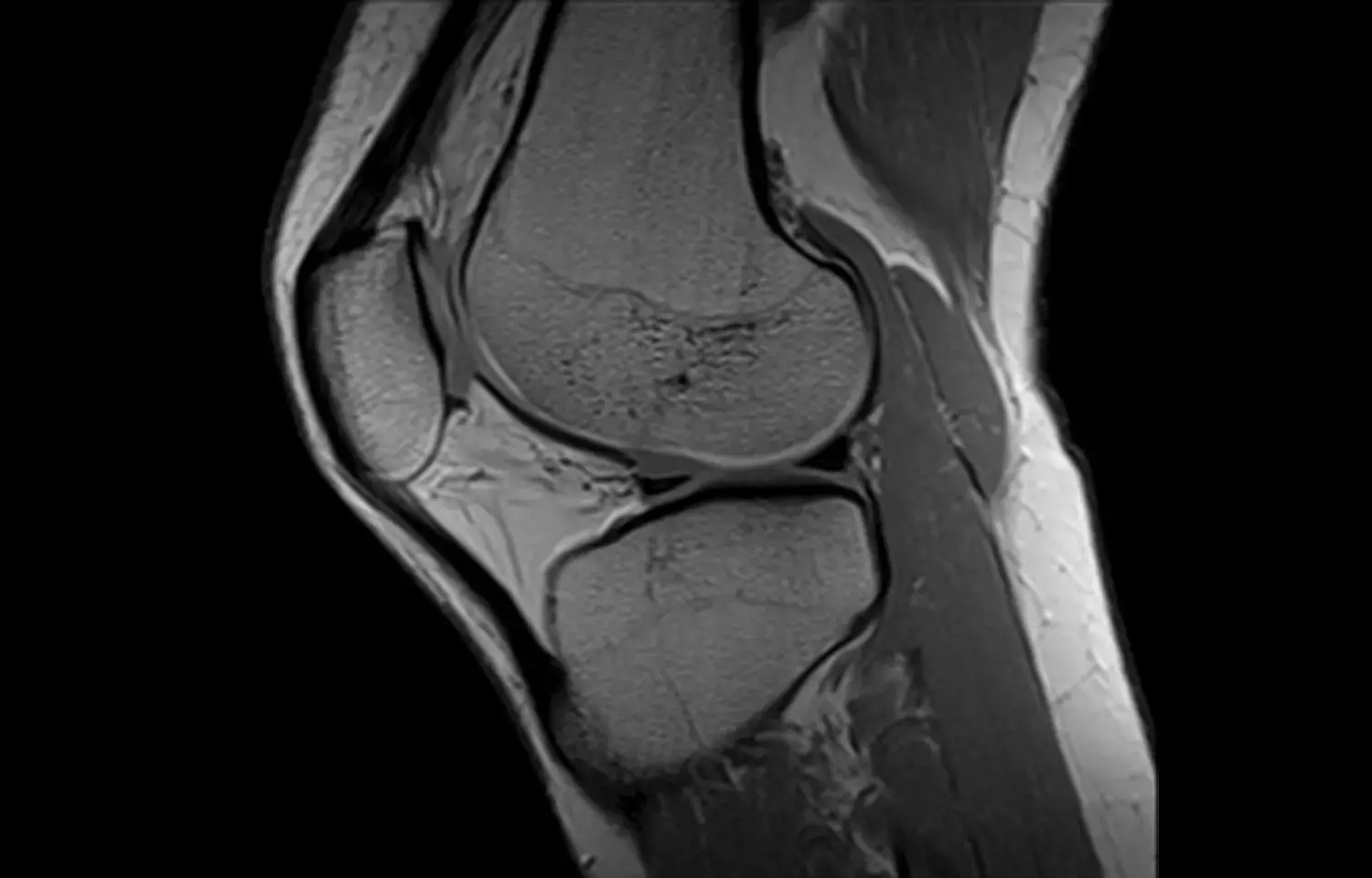- Home
- Medical news & Guidelines
- Anesthesiology
- Cardiology and CTVS
- Critical Care
- Dentistry
- Dermatology
- Diabetes and Endocrinology
- ENT
- Gastroenterology
- Medicine
- Nephrology
- Neurology
- Obstretics-Gynaecology
- Oncology
- Ophthalmology
- Orthopaedics
- Pediatrics-Neonatology
- Psychiatry
- Pulmonology
- Radiology
- Surgery
- Urology
- Laboratory Medicine
- Diet
- Nursing
- Paramedical
- Physiotherapy
- Health news
- Fact Check
- Bone Health Fact Check
- Brain Health Fact Check
- Cancer Related Fact Check
- Child Care Fact Check
- Dental and oral health fact check
- Diabetes and metabolic health fact check
- Diet and Nutrition Fact Check
- Eye and ENT Care Fact Check
- Fitness fact check
- Gut health fact check
- Heart health fact check
- Kidney health fact check
- Medical education fact check
- Men's health fact check
- Respiratory fact check
- Skin and hair care fact check
- Vaccine and Immunization fact check
- Women's health fact check
- AYUSH
- State News
- Andaman and Nicobar Islands
- Andhra Pradesh
- Arunachal Pradesh
- Assam
- Bihar
- Chandigarh
- Chattisgarh
- Dadra and Nagar Haveli
- Daman and Diu
- Delhi
- Goa
- Gujarat
- Haryana
- Himachal Pradesh
- Jammu & Kashmir
- Jharkhand
- Karnataka
- Kerala
- Ladakh
- Lakshadweep
- Madhya Pradesh
- Maharashtra
- Manipur
- Meghalaya
- Mizoram
- Nagaland
- Odisha
- Puducherry
- Punjab
- Rajasthan
- Sikkim
- Tamil Nadu
- Telangana
- Tripura
- Uttar Pradesh
- Uttrakhand
- West Bengal
- Medical Education
- Industry
Platelet-rich plasma no better than placebo for pain relief in knee osteoarthritis: JAMA

Australia: Kim L. Bennell and team conducted a new study that shows that intra-articular injection of platelet-rich plasma (PRP) vs saline placebo did not result in a meaningful improvement in symptoms or joint structure at 12 months in adults with mild to moderate knee osteoarthritis (OA). The findings of this study were published in the Journal of American Medical Association (JAMA).
Most clinical recommendations do not suggest PRP for knee OA because of a lack of high-quality data on effectiveness for symptoms and joint structure, although they do highlight the need for robust research. Despite this, the use of PRP in knee OA is on the rise. Therefore this study was conducted with the objective to see how intra-articular PRP injections affected symptoms and joint structure in individuals with symptomatic mild to moderate radiographic medial knee OA.
The trial was a randomized, two-group, placebo-controlled study in which the participant, injector, and assessor were all blinded. From August 24, 2017, to July 5, 2019, this clinical research included community-based individuals (n = 288) with symptomatic medial knee OA (Kellgren and Lawrence grade 2 or 3) in Sydney and Melbourne, Australia. The 12-month follow-up ended on July 22, 2020. The intervention program included three weekly intra-articular injections of either leukocyte-poor PRP from a commercially available product (n = 144 participants) or saline placebo (n = 144 participants).
In this study, there was no indication of a statistically significant between-group difference in total knee pain change between PRP and placebo, with 95 percent CIs rejecting a clinically meaningful impact. In all groups, pain levels increased by roughly 32% to 37%, and the absolute improvement in this pain metric exceeded the MCID. Body mass index, presence of knee effusion, Kellgren and Lawrence grade, and knee alignment had no effect on the outcomes.
In conclusion, the end result of this work does not justify the use of this treatment (with a reported mean cost per injection of $2032) 5 to treat knee OA.
Reference:
Bennell KL, Paterson KL, Metcalf BR, et al. Effect of Intra-articular Platelet-Rich Plasma vs Placebo Injection on Pain and Medial Tibial Cartilage Volume in Patients With Knee Osteoarthritis: The RESTORE Randomized Clinical Trial. JAMA. 2021;326(20):2021–2030. doi:10.1001/jama.2021.19415
Medical Dialogues consists of a team of passionate medical/scientific writers, led by doctors and healthcare researchers. Our team efforts to bring you updated and timely news about the important happenings of the medical and healthcare sector. Our editorial team can be reached at editorial@medicaldialogues.in.
Dr Kamal Kant Kohli-MBBS, DTCD- a chest specialist with more than 30 years of practice and a flair for writing clinical articles, Dr Kamal Kant Kohli joined Medical Dialogues as a Chief Editor of Medical News. Besides writing articles, as an editor, he proofreads and verifies all the medical content published on Medical Dialogues including those coming from journals, studies,medical conferences,guidelines etc. Email: drkohli@medicaldialogues.in. Contact no. 011-43720751


